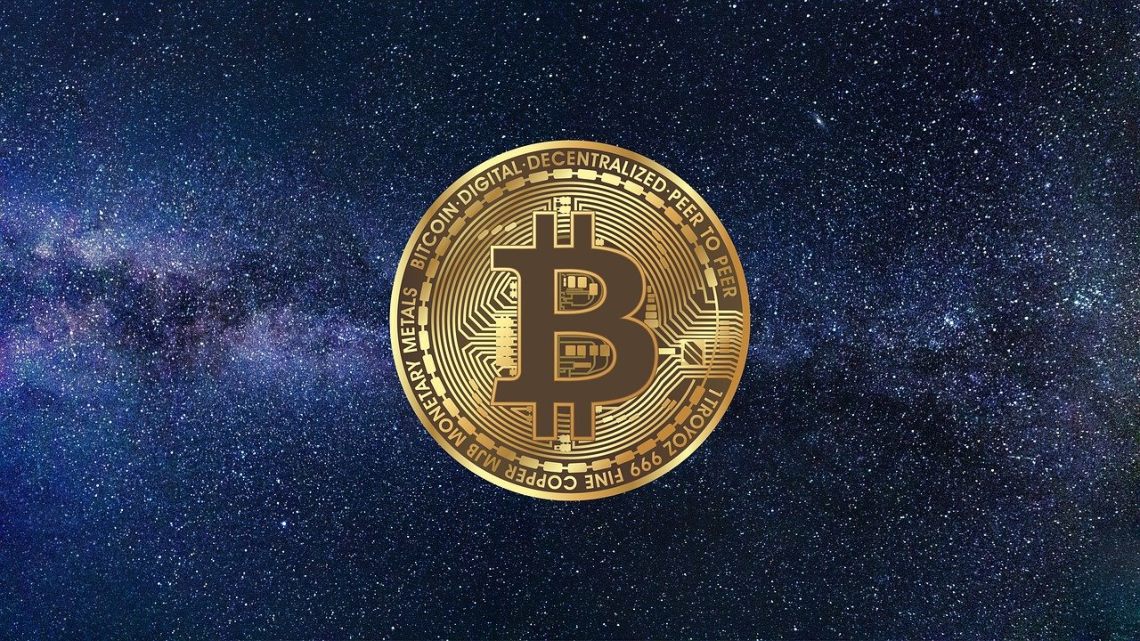An internal document reveals that Goldman Sachs does not consider Bitcoin and cryptocurrencies as an asset class.
It was a communication sent out to clients entitled “Cryptocurrencies Including Bitcoin Are Not an Asset Class”, in which Goldman Sachs warns that they are assets that:
- do not generate cash flow like bonds,
- do not generate gains from global economic growth,
- do not provide diversification benefits due to their unstable correlations,
- do not reduce volatility, as their historical volatility is 76%.
They also claim that there is no evidence that they can be used as a hedge against inflation, as assumed for example by Paul Tudor Jones of Tudor Investment Corporation.
At this point they add:
“We believe that a security whose appreciation is primarily dependent on whether someone else is willing to pay a higher price for it is not a suitable investment for our clients.
We also believe that while hedge funds may find trading cryptocurrencies appealing because of their high volatility, that allure does not constitute a viable investment rationale”.
The second page of the disclosure states that cryptocurrencies can be used for illegal activities, including Ponzi schemes and ransomware, with an additional reference to the 17th-century Dutch tulip bubble.
This has caused an uproar on Twitter, with hundreds of reactions.
For example, Cameron Winklevoss writes:
“Bitcoin does “not generate cash flow like bonds.” Because it’s not a bond. And the sky is blue”.
And then he reiterates:
“Hey Goldman Sachs, 2014 just called and asked for their talking points back. Bitcoin was declared a commodity by the CFTC in 2015 in the Coinflip order…so yea it’s an asset whose price is set by supply and demand. Just like gold. Just like oil. It’s a commodity”.
His twin brother Tyler adds:
“Goldman Sachs: In 2019, $2.8 billion in Bitcoin was sent to currency exchanges from criminal entities.
Fun Fact: Goldman Sachs facilitated $6 billion in money laundering via 1MDB scandal between 2012-13.
Double standard much?”
Anthony Pompliano notes that nowadays there are even government bonds that not only do not generate cash flow but are in fact a cost.
There are those who point out that Bitcoin’s market capitalization is twice that of GS, and those who recall that in the past GS actually wanted to open a trading platform for cryptocurrencies.
Some even suggest that GS does not collect commissions when a client buys BTC.
In fact, it is possible that Goldman Sachs may have some confusing ideas about Bitcoin. For example, a note by one of their analysts in August 2019 recommended considering buying bitcoin because it was believed that the short-term goal for the price of BTC was to reach $13,971.
At that time the price of BTC came out of a real rally, which took it from $3,500 at the beginning of the year to over $13,200 at the end of June.
However, by the end of July, it had already dropped below $10,000 again, and in August, it tried to go back up to $12,000 and failed to do so, only to drop back to $10,000 in September.
Since then, it has never been able to stabilize solidly above this figure again, and it hasn’t even reached $11,000.


